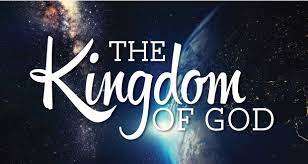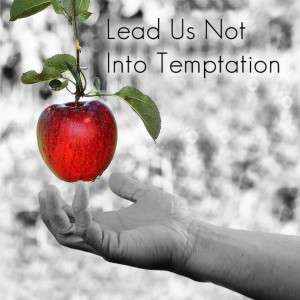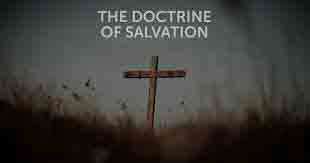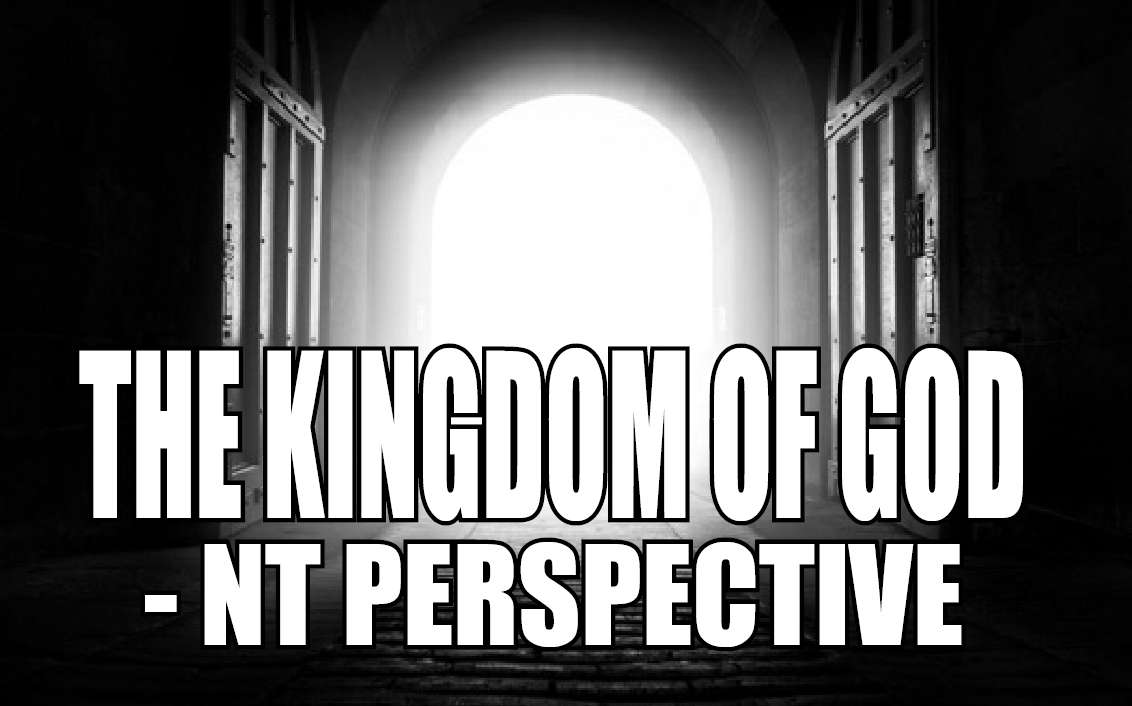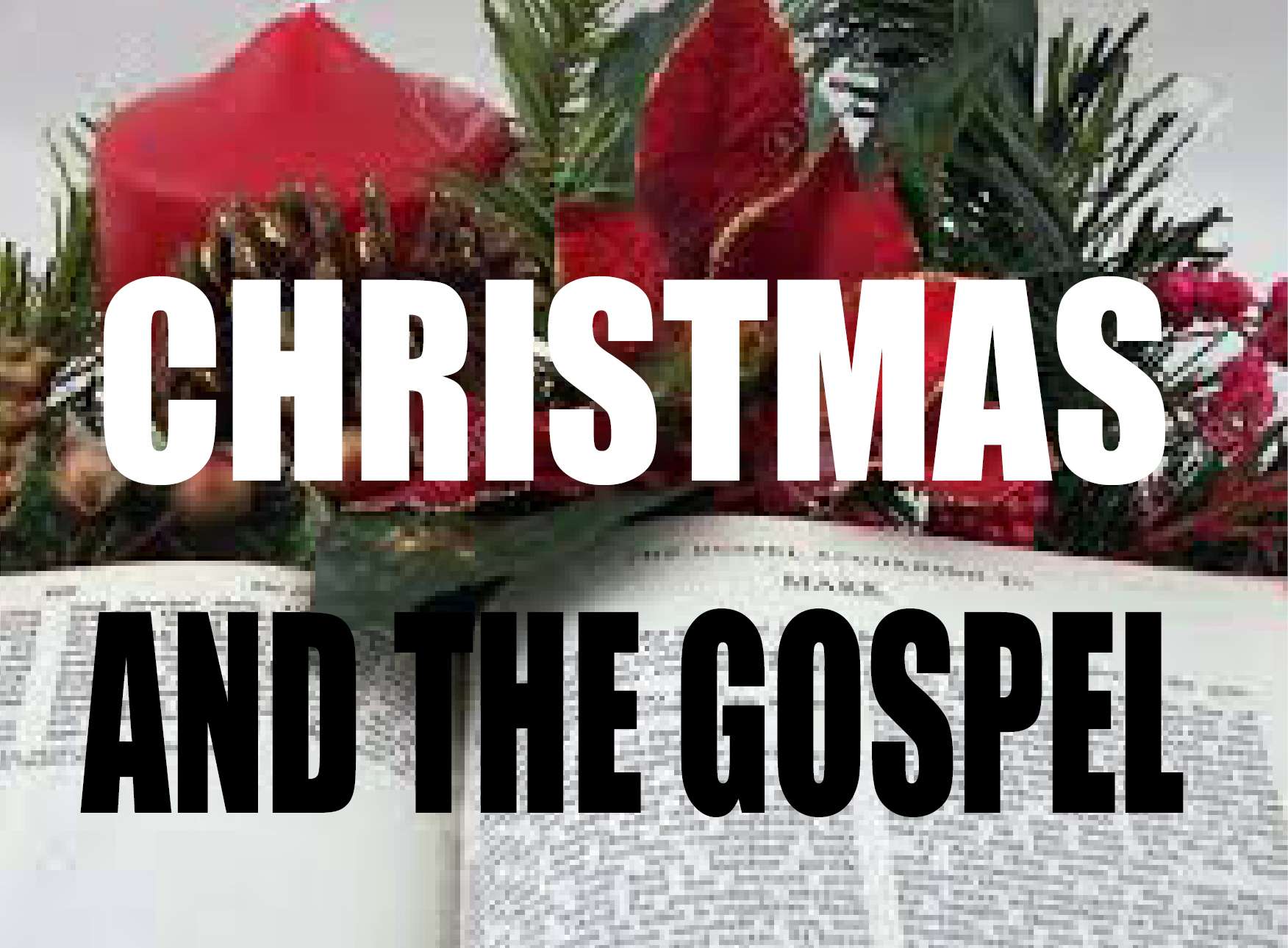

Christmas and the Gospel
Pr. Gibson Joy
Christmas is a season celebrated by millions world over. For most, it is a holiday season meant to be celebrated with family and friends and a season to usher in the new year. A time when gifts are exchanged and loved ones are cherished. Businesses capitalize on this fact with aggressive marketing, sales and attractive offers to lure customers into spending their money.
With all the frills of Christmas – that is, the decorations, baking, cleaning of the house and such, like the proverbial missing baby in the manger, the story of Christmas is lost in the milieu.
For us who are in the North of India, the Christmas season brings with it invaluable opportunities to talk about the true meaning of Christmas. There is a general sense of curiosity surrounding the story of Christmas and the circumstances of Christ’s birth. Christmas time is also when Church attendance peaks. Whatever problems people have with Christianity, they don’t seem to have any with Jesus at all. Most will readily acknowledge the goodness of the man, the prophetic and healing powers he possessed and the wisdom of his teaching. Some even call him the “founder of Christianity”.
But the story of Christmas doesn’t start with Christ’s birth on that day (whether it was a silent night or not we may never know, but from experience I can safely say that the birth of a child is rarely silent. Mary and Joseph with many of Joseph’s extended family would’ve celebrated the arrival of this new life into the world). The story begins not with the people of Israel, the call of Abraham or even the sinfulness of humanity. The story begins with the goodness of God. This is a fact that is often overlooked.
When the gospel is explained to people, it is imperative that they are given some context for the news. Else it would be like a cricket fan excitedly telling a friend who knows nothing of the sport, about all the world records M. S. Dhoni has been breaking. In this case, knowledge of the sport, previous records held, difficulty of matches and execution of play, altogether provide a context in which the thrill of the fan over Dhoni’s achievement can be matched by his friend. If that context doesn’t exist, for the friend, it would be just another piece of information that one may or may not appreciate.
For Christians, the context of the Christmas message, the gospel, is the goodness of God. A good God who created a good world and human beings as “very good” (Genesis 1:31). It is in this context of moral goodness and created order that the wrongness of the way things are comes to the fore. The wrongness in the state of nature, the decay of human relationships at a personal as well as corporate level, and the purpose of humanity all become realities that one rightly recognizes as unjust. In this case the injustice being that things are not the way they were meant to be – as God intended them to be (Romans 1:18-31).
The Gospel must magnify the goodness of God for only in that context will the purpose of Christ’s birth be appreciated as the selfless act of a good God loving the world and working on its behalf.
There are two aspects of the Gospel that I would like to highlight here.
The Gospel as the hope of the world
Christ did not come just to get people into heaven. It was not only for our spiritual salvation. But the coming of Christ and his subsequent work on the cross and further his resurrection, is the beginning of Christ’s work in restoring the whole being of humans – spirit, soul and body – to what God intended for them to be. From being reconciled to Christ and receiving his rightness at a spiritual level (2 Cor 5:21) to the daily transformation and renewal of our minds in Christ (Romans 12:2) and ultimately to the fulfilment of his purposes through the work of our hands(Romans 12:1) – are all comprised in the good news for humanity.
The good news as Jesus said is, “Repent! For the Kingdom of heaven is near” (Mark 1:15). In this message, Jesus wasn’t only speaking of an eternal Kingdom one would go to after death, but rather he was speaking of a new age, a time when God’s Kingdom would invade human space – as it was originally in the garden of Eden. “Let your Kingdom come, and your will be done on earth as it is in Heaven”, Jesus prayed (Matt 6:10). “The Kingdom is in you”, He proclaimed (Luke 17:20-21). Years later after the advent of Spirit, Paul would proclaim, “Christ in us, the hope of all glory!” (Colossians 1:27) The hope of the gospel is that in our present day, in Christ we have fellowship with God, because of which our whole being experiences daily transformation – this is seen in the restoration of broken relationships, the exercise of forgiveness, the loving of people who are different from us, the unity in the body of Christ, the excellence and purposefulness of our work, the stewardship of our resources – all of this guided and enabled by His Spirit.
The birth of Christ was the little rock that Daniel foresaw that would strike at the root of the powerful nations of the world and would soon grow to overthrow all these powers (Dan 2:44-45). Christ’s coming into this world on Christmas day, and later into the hearts of those who trust Him by His Spirit and ultimately when he comes again to lead justice to victory will be the fulfilment of that prophecy. In a world of fluid ideals, moral decay, international, inter-racial and national distrust, self-serving politics and government and war – the gospel holds out hope that God is at work to change things from down up, from the inside out.
The Gospel for the Poor and Broken
“Blessed are the poor in spirit”, Jesus said, “for theirs is the Kingdom of Heaven” (Matt 5:3). Luke in accordance with his emphasis on the materially poor quotes Jesus as saying, “Blessed are you who are poor, for yours is the Kingdom of God.” (Luke 6:20)
We are all broken people living in a broken world – whether we like to admit it or not, we cannot go too long without being personally affected by the fallenness all around us – from abuse of power, physical abuse, addictions, temptations, relational fall out, betrayal, abandonment, rejection – we have all been marred by the wrongness of the world – the presence of sin. We also see all around us poverty, hunger and malnutrition. Mixed up priorities of governing entities (not the least of which is statue-building instead of nation-building), rampant unemployment, runaway inflation – all ensure that there is abject poverty all around us. A world where the rich seem to be unaffected by the shifting economic tide, the middle class struggling to make ends meet and those below the poverty line giving way to increasing hopelessness.
In the gospel, the birth of Christ, hope is given to the broken and poor in society. This is evidenced by God’s choice of audience to first herald the arrival of the newborn - lowly shepherds in the field (Luke 2:8-15). The hope for the poor is that even while they may live in a world where their voice is not heard and their possessions next to nothing, they are not without anything - for theirs is Kingdom of God. It is what they possess. This is true for those who are materially poor but even more so those who are broken, hopeless, and desperately aware of it. The awareness that leads them to not only to humbly acknowledge their poverty but look to God and find their richness in Him. Theirs is the Kingdom! Therefore, Paul could tell the Corinthian Church that he is, “having nothing, and yet possessing everything.” (2 Corinthians 6:10)
In the Christmas message is good news for those among us who are aware of our brokenness. A brokenness that not everyone readily admits. Acknowledging those areas in the context of the goodness of God and his purpose is the first step to seeing the hope of the Gospel being fulfilled in our lives. This is when the news of the birth of Christ becomes good news to a waiting world.



